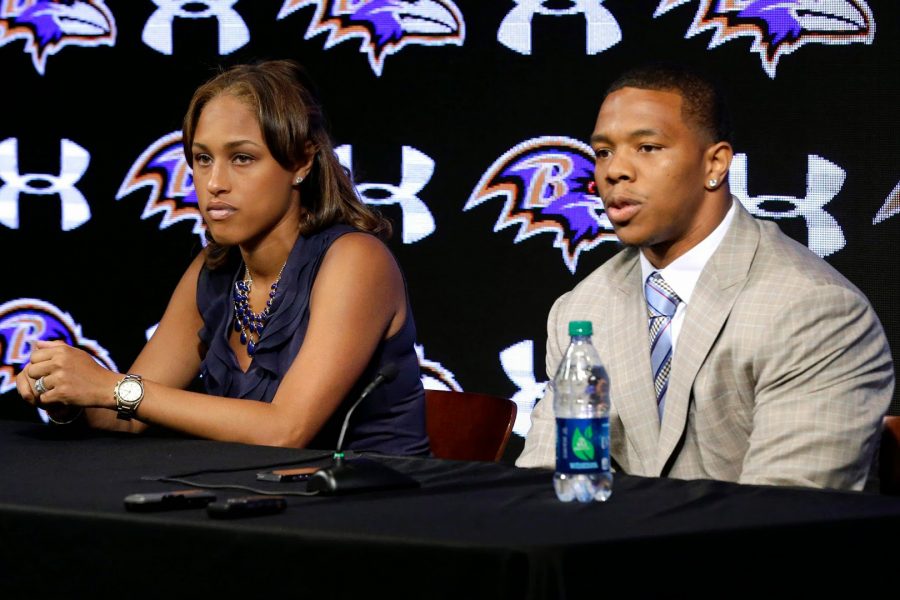Dallas Cowboys’ star running back Ezekiel Elliott was recently suspended for six games following allegations of domestic abuse from an ex-girlfriend. Elliott was suspended under the guidelines of the National Football League’s personal conduct policy. This suspension is part of the growing trend of NFL players and domestic abuse cases. Elliott’s suspension also brings to light the dramatic inconsistencies when it comes to the sentences regarding cases of domestic violence.
In 2014, Ray Rice, former running back for the Baltimore Ravens, was suspended for two games after allegations of domestic abuse from his then fiancée. According to sports website, SB Nation, the NFL put into place stricter punishments for the personal conduct policy after the video of Rice’s abuse became public. However, former New York Giants kicker Josh Brown was initially suspended for one game at the start of 2016 for the violation of the same policy. It wasn’t until details emerged of Brown admitting to abusing his wife that the league took further measures.
The league handed out Elliott’s suspension despite the fact that his accuser fabricated the story of abuse and cooperated with witnesses in order to accuse him. Elliott was never legally charged with anything; however the NFL only needs to determine if Elliott broke the league’s personal conduct policy. Elliott then becomes an example for the league, a warning to other players that the league will not play around anymore with these suspensions.
Six-game suspension is the new baseline for domestic violence in the NFL after the Ray Rice case, but the NFL has a major problem with the way it disciplines in all aspects in the game. For example, Pittsburgh Steelers wide receiver, Martavis Bryant, was suspended for an entire season for a violation of the league’s substance abuse policy regarding marijuana. This highlights the fact the NFL dishes out more severe punishments for weed than domestic abuse.
With NFL Commissioner Roger Goodell acting as both judge and jury in these cases, there is little to no room to contest these suspensions within the league. According to CBS Sports, Elliott’s case is special in the fact that US District Judge Amos Mazzant handed down a preliminary injunction that prevented the NFL from suspending Elliott until the case goes through court. This has led to Elliott playing the first two games of the current season. The NFL, however, is planning to take the case to the Fifth Circuit of Appeals in order to follow through with the suspension. If the NFL fails to have the injunction overturned, Elliott will most likely play the entire season.
This development shows that NFL teams and owners do not care about players’ actions as long as they can perform at a high level. Accused or not, this trend of abusers ending up back on the field, regardless of charges or suspension, proves that this league is more concerned with the product on the field than the players that are off the field. Abusers and the disciplinary system allow these instances to take place. By instituting a mandatory training program for NFL players, it helps break a cycle that refuses to hold abusers accountable for more than a few games.


